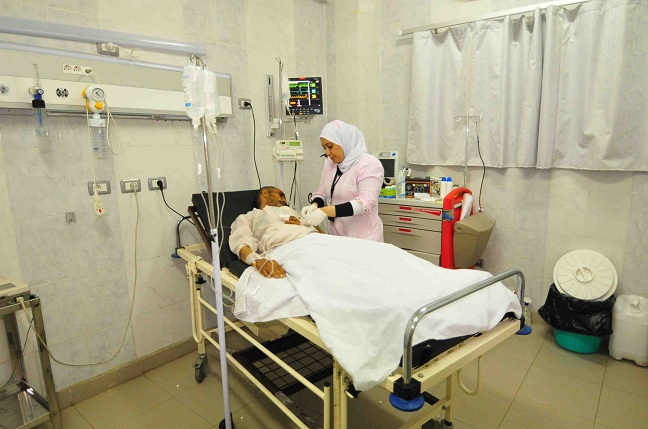SYDNEY: Australia’s live sheep export industry has reached an agreement with three key Middle East markets to prevent the slaughter of these animals at homes, an executive of the Sheepmeat Council of Australia said on Wednesday.
The agreement with governments and livestock industries in Bahrain, Qatar and Kuwait, comes ahead of the Islamic religious festival Eid Al-Adha between Nov. 6 and 9 when Muslims are required to sacrifice animals as an act of obedience to Allah.
Ahead of the Eid, individual sheep are often bought from holding feed lots after arriving in Middle East countries, tossed in a car boot and taken home for slaughter — a practice which animal welfare agencies claim is cruel.
"Key to assuring the welfare of Australian sheep is the implementation by importers and importing governments of a ‘no private sales’ policy to unknown slaughter points in these markets," the council’s chairman Kate Joseph said.
Individual buyers of sheep will be required to use slaughter facilities that comply with global animal welfare standards.
Earlier this year, Australia banned live cattle exports to Indonesia for a month, after television footage showed cattle being beaten, whipped and maimed prior to slaughter in some Indonesian abattoirs.
The sheep meat council’s chief executive, Ron Cullen, said the plan was being implemented ahead of a new framework to be put in force next year to ensure Australian animals were only exported to audited supply chains which meet global animal welfare standards.
"The plan is very much in line with recommendations by the government [announced last week] but we’re bringing the time-line forward ahead of Eid Al-Adha," said Cullen.
Cullen said as part of the plan there would be observers on the ground to ensure that individuals did not buy sheep for home slaughter as well as advertising and the continuation of education programs.
Australia, the world’s largest exporter of live animals, shipped 2.9 million sheep valued at A$343.5 million ($358.9 million) to Middle Eastern markets in 2010/11.
Exports to Indonesia
The Australian government’s chief commodities forecaster on Wednesday released a survey conducted in late June and early July, before the ban on live cattle exports to Indonesia was lifted, that found 278,000 head of cattle were available for export to Indonesia over the remainder of 2011.
The survey found ranchers in northern Australia intended to export 597,000 head of cattle to Indonesia this year, of which 274,000 had already being shipped.
The first shipment to Indonesia after the ban was lifted was on Aug. 10, when Elders Ltd, one of Australia’s largest shippers of live cattle to Indonesia, restarted shipments to an abattoir the company owns in Indonesia.
The month-long ban was lifted on July 6 after export control orders were revised to require ranchers to apply for permits to meet welfare requirements, and to trace cattle from farms through shipping to abattoirs with agreed standards.
The suspension of live cattle exports to Indonesia placed many cattle ranches in northern Australia, which is close to Indonesian markets, under financial stress.



